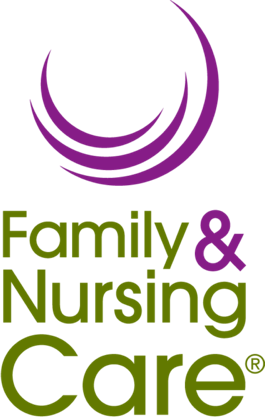By Lisa Shepet, Director of Nursing, Family & Nursing Care Select

It’s that time of year again: the days are getting longer and the weather is getting warmer. Spring has officially arrived and with it comes the time-honored tradition of spring cleaning.
Whether your plans consist of a full deep clean, some quick tidying up, or none of the above, chances are your medicine cabinet could use a good once-over. Here are some important safety tips to keep in mind as you extend spring cleaning to your medicine cabinet:
- Check the dates. Examine everything in your medicine cabinet, including ointments, supplements, and vitamins. Discard any item that is beyond the expiration date. Many medications lose their effectiveness after the expiration date and some become toxic.
- Follow the one-year rule. For all medications (prescription as well as over-the-counter), discard any medications that are more than one year old.
- Dispose of any items that have changed color, smell, or taste. This includes any colors that have faded because they may have been exposed to too much light.
- Discard unmarked containers. If something is no longer in its original container and cannot be identified, get rid of it. In the future, always keep medications in their original containers so that you can easily recognize every medication. This includes ointments, which can easily be mistaken for creams.
- Be careful about throwing out medication. Because of the potential harm to the environment, it is not recommended to simply throw out medications or flush them down the toilet. Properly dispose of medication by placing it in a sealable bag, adding kitty litter or coffee grinds to make the bag unappealing for children or animals to eat, and throwing it in the trash. Remember to remove any identifying information from pill bottles before recycling. Additionally, some pharmacies like CVS and Walgreens have safe medication disposal kiosks that provide a safe and convenient way to dispose of unwanted, unused, or expired medication at no cost.
- Consider relocating your medicine cabinet. Many people don’t realize that the bathroom cabinet is not the best place to store medication because of temperature and humidity changes that occur while showering. Medications should be kept in a cool, dry place, away from children. Consider a drawer in your dresser or a lock box in your closet.
- Do not give medications to friends. Doctors prescribe drugs based on a person’s specific symptoms and medical history. A drug that works for you could be dangerous for someone else.
- Lean on Family & Nursing Care for help. Family & Nursing Care offers several medication related services. For both Family & Nursing Care Classic and Select clients, Caregivers can remind you when it’s time to take medications. Family & Nursing Care Select clients can also benefit from services including pill box fills and medication administration.


 Even with over 18 years of experience in client care and customer service, Shannon Bednar didn’t have a playbook at the ready for how to do her job as a Client Services Manager during a global pandemic. What she did know was that even if she had to do everything differently, she’d continue to serve her clients just like she always had – with the utmost attention to detail and a high degree of integrity, dignity, and respect.
Even with over 18 years of experience in client care and customer service, Shannon Bednar didn’t have a playbook at the ready for how to do her job as a Client Services Manager during a global pandemic. What she did know was that even if she had to do everything differently, she’d continue to serve her clients just like she always had – with the utmost attention to detail and a high degree of integrity, dignity, and respect.



